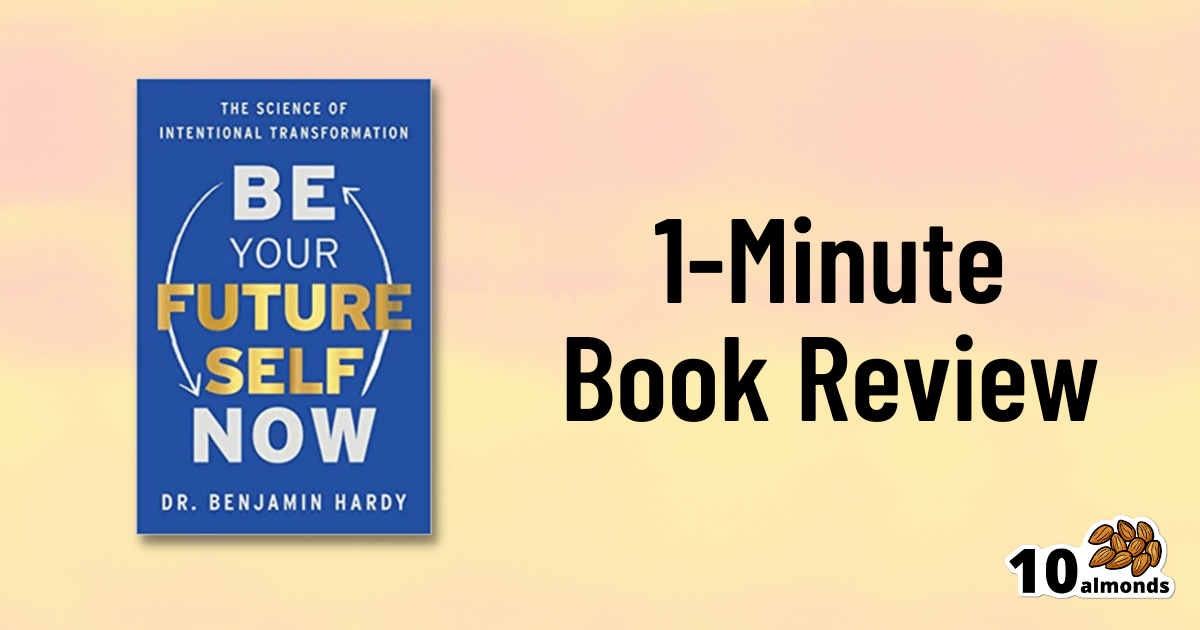
Today’s almonds have been activated by:
A fun way to think about staying active as we age: imagine you’re training for a centenarian decathlon, a list of 10 physical tasks you want to be able to do when you’re 100 years old. For example, these might be climbing stairs, getting up off the floor, hiking a trail, or even dancing. Whatever’s important to you. Now, make a training plan for them, and put it into action!
⏰ IN A RUSH?
Today’s 30-Second Summary
If you don’t have time to read the whole email today, here are some key takeaways:
A plant-based diet can reduce all-cause mortality risk, and in particular reduces cardiovascular disease risk most of all.
A plant-based diet can comfortably meet calcium intake needs, so long as one is mindful of that.
Eating green leafy things is great for calcium; calcium-enriched plant-milks are also nutritionally respectable.
The Paleo Diet is an interesting concept, and certainly can be good for short-term weight loss.
In the long-term, however (and: especially for our heart health) we need less meat and more grains and legumes.
Fulton offer cork-based insoles that shape themselves to the arch of your feet, giving you perfect customized support.
They also offer 15% off if you use our code “NEWSLETTER15”, and a 90-day satisfaction-guaranteed trial!
Read on to learn about these things and more…

👀 WATCH AND LEARN
The Biggest Lie About Veganism
Want to skip (over the environmental factors) to the health considerations? Start at 1:35 for where the discussion of health begins!
ASAPScience (the channel) cite many very many sources, which can be found in the description under the video on YouTube. Here are a few though, for example:

🍽 MAIN FEATURE
What’s The Real Deal With The Paleo Diet?
The Paleo diet is popular, and has some compelling arguments for it.
Detractors, meanwhile, have derided Paleo’s inclusion of modern innovations, and have also claimed it’s bad for the heart.
But where does the science stand?
First: what is it?
The Paleo diet looks to recreate the diet of the Paleolithic era—in terms of nutrients, anyway. So for example, you’re perfectly welcome to use modern cooking techniques and enjoy foods that aren’t from your immediate locale. Just, not foods that weren’t a thing yet. To give a general idea:
Paleo includes:
Meat and animal fats
Eggs
Fruits and vegetables
Nuts and seeds
Herbs and spices
Paleo excludes:
Processed foods
Dairy products
Refined sugar
Grains of any kind
Legumes, including any beans or peas
Enjoyers of the Mediterranean Diet or the DASH heart-healthy diet, or those with a keen interest in nutritional science in general, may notice they went off a bit with those last couple of items at the end there, by excluding things that scientific consensus holds should be making up a substantial portion of our daily diet.
But let’s break it down…
First thing: is it accurate?
Well, aside from the modern cooking techniques, the global market of goods, and the fact it does include food that didn’t exist yet (most fruits and vegetables in their modern form are the result of agricultural engineering a mere few thousand years ago, especially in the Americas)...
…no, no it isn’t. Best current scientific consensus is that in the Paleolithic we ate mostly plants, with about 3% of our diet coming from animal-based foods. Much like most modern apes.
Ok, so it’s not historically accurate. No biggie, we’re pragmatists. Is it healthy, though?
Well, health involves a lot of factors, so that depends on what you have in mind. But for example, it can be good for weight loss, almost certainly because of cutting out refined sugar and, by virtue of cutting out all grains, that means having cut out refined flour products, too:
Measured head-to-head with the Mediterranean diet for all-cause mortality and specific mortality, it performed better than the control (Standard American Diet, or “SAD”), probably for the same reasons we just mentioned. However, it was outperformed by the Mediterranean Diet:
So in lay terms: the Paleo is definitely better than just eating lots of refined foods and sugar and stuff, but it’s still not as good as the Mediterranean Diet.
What about some of the health risk claims? Are they true or false?
A common knee-jerk criticism of the paleo-diet is that it’s heart-unhealthy. So much red meat, saturated fat, and no grains and legumes.
The science agrees.
For example, a recent study on long-term adherence to the Paleo diet concluded:
❝Results indicate long-term adherence is associated with different gut microbiota and increased serum trimethylamine-N-oxide (TMAO), a gut-derived metabolite associated with cardiovascular disease. A variety of fiber components, including whole grain sources may be required to maintain gut and cardiovascular health.❞
Bottom line:
The Paleo Diet is an interesting concept, and certainly can be good for short-term weight loss. In the long-term, however (and: especially for our heart health) we need less meat and more grains and legumes.

❤ OUR SPONSORS MAKE THIS PUBLICATION POSSIBLE
Fulton: A Better Way To Walk
Here at 10almonds, we’ve talked a lot about the health benefits of walking. It’s no surprise, then, that we also believe it’s important to take good care of your feet!
Whether you have foot pain, knee pain, back pain, plantar fasciitis, or you just want to improve your alignment, Fulton cork insoles provide all-day comfort and support unique to your body. Yes, really!
The trick is their cork base, which not only absorbs shock but also molds to your unique arch to provide custom support. And as a bonus:
A deep heel cup to provide maximum stability and prevent injury
Arch support and natural latex foam to improve overall comfort
Entirely natural and biodegradable materials to support not only you, but the planet
Fulton offers a 90-day comfort guarantee, so your order is risk-free.
If you do choose to try some, you can get 15% off with the code “NEWSLETTER15” 😉

🌎 AROUND THE WEB
What’s happening in the health world…
More to come tomorrow!

📖 ONE-MINUTE BOOK REVIEW
Be Your Future Self Now: The Science of Intentional Transformation - by Dr. Benjamin Hardy
Affirmations in the mirror are great and all, but they can only get you so far! And if you're a regular reader of our newsletter, you probably know about the power of small daily habits adding up and compounding over time. So what does this book offer, that's different?
"Be Your Future Self Now" beelines the route "from here to there", with a sound psychological approach. On which note...
The book's subtitle mentions "the science of intentional transformation", and while Dr. Hardy is a psychologist, he's an organizational psychologist (which doesn't really pertain to this topic). It's not a science-heavy book, but it is heavy on psychological rationality.
Where Dr. Hardy does bring psychology to bear, it’s in large part that! He teaches us how to overcome our biases that cause us to stumble blindly into the future... rather than intentfully creating our own future to step into. For example:
Most people (regardless of age!) acknowledge what a different person they were 10 years ago... but assume they'll be basically the same person 10 years from now as they are today, just with changed circumstances.
Radical acceptance of the inevitability of change is the first step to taking control of that change.
That's just one example, but there are many, and this is a book review not a book summary!
In short: if you'd like to take much more conscious control of the direction your life will take, this is a book for you.

What did you think of today's newsletter?
May you be kind to your past, present, and future self alike,
The 10almonds Team



